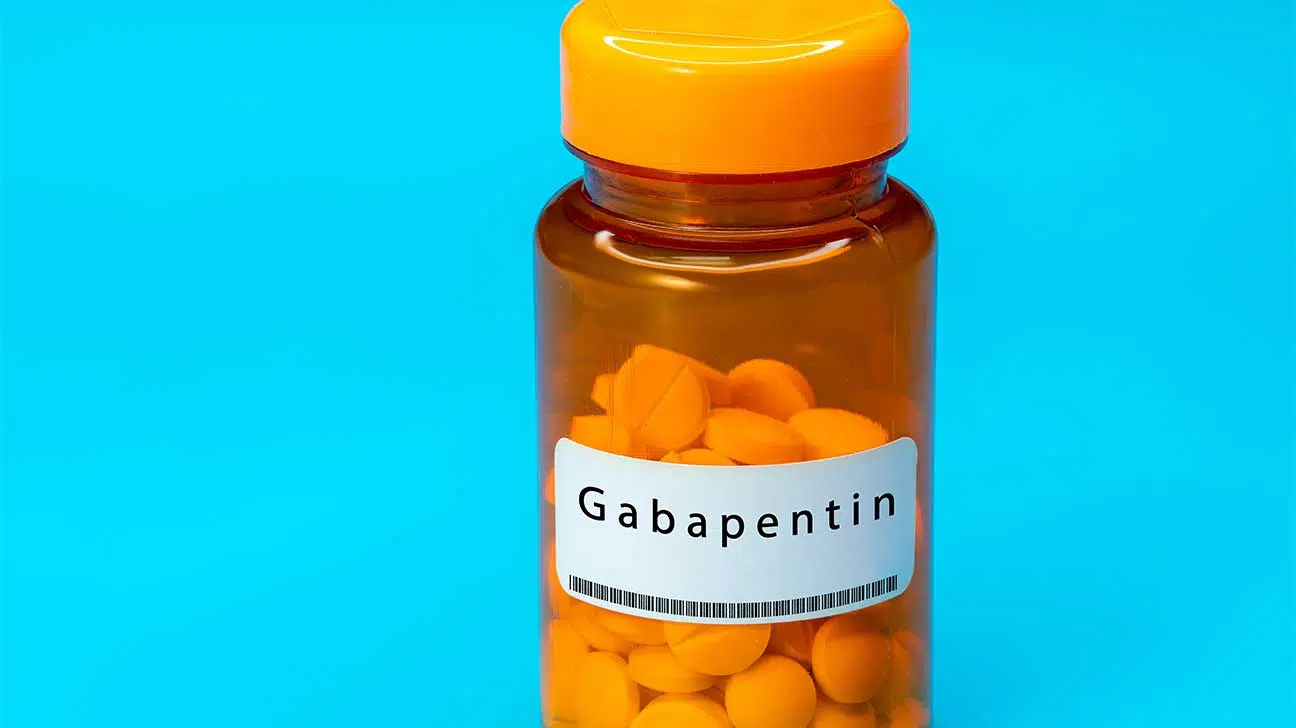
Under federal law, the prescription medication gabapentin is not a controlled substance, although some states have moved to list it as a controlled substance on a state level.
Listing gabapentin as a controlled substance would enhance the ability of the government to track the misuse or abuse of gabapentin.
That includes brand name versions such as:
- Neurontin
- Gralise
- Horizant
As of 2022, just a handful of states in the U.S. have enacted legislation to list the anti-seizure medication as a Schedule V controlled substance.
Why Is Gabapentin Not A Controlled Substance?
Gabapentin has evaded the controlled substances list largely due to research that indicates it has little to no potential for abuse or diversion.
However, there has also been research in recent years that shows cases of gabapentin abuse are on the rise, particularly among people with opioid use disorder.
What Is Gabapentin?
Gabapentin is a medication that is prescribed for pain relief and controlling seizures, among other off-label uses.
It belongs to a class of drugs known as gabapentinoids, which have a chemical structure similar to the neurotransmitter gamma-aminobutyric acid (GABA)
Uses of gabapentin include:
- epilepsy treatment
- post-herpetic neuralgia (from shingles)
- neuropathic pain (nerve pain)
- restless leg syndrome
- post-menopausal hot flashes
Unlike opioid painkillers, gabapentin is not highly addictive.
For this reason, some prescribing healthcare providers consider it a safer alternative to opioids for treating mild to moderate pain.
How Does Gabapentin Work?
Gabapentin decreases nerve activity in the central nervous system (CNS), which is composed of the brain and spinal cord. It can also change how the body responds to pain.
Is Gabapentin Dangerous?
Gabapentin was, for a long time, believed to be non-addictive with a low potential for abuse. But it can have dangerous effects if misused alone or with other drugs.
For instance, research shows gabapentin may increase the risk of sedation and overdose death when mixed with CNS depressants like opioids and benzodiazepines.
Which States List Gabapentin As A Controlled Substance?
Under the federal Controlled Substances Act, gabapentin is not listed as a controlled substance. But some states have, individually, taken action.
To date, at least 12 states now track gabapentin within their prescription drug monitoring programs (PDMPs). At least seven have reclassified it as a Schedule IV controlled substance.
States that have classified gabapentin as a controlled substance include:
- Alabama
- Kentucky
- Michigan
- North Dakota
- Tennessee
- Virginia
- West Virginia
What Is The Argument For Reclassifying Gabapentin?
Reclassifying gabapentin as a controlled substance on a federal level would strengthen the monitoring of gabapentin prescriptions, as well as cases of misuse and diversion.
In February 2022, the nonprofit advocacy group Public Citizen filed a petition with the DEA and U.S. Food and Drug Administration (FDA).
The group argues that gabapentin should be reclassified, saying it “[has] marked potential for abuse with serious consequences that include psychological effects, physical dependence, seizures, suicide, and overdose death.”
What Is The Argument Against Reclassifying Gabapentin?
Some experts, such as doctors and pharmacists, have argued that reclassifying gabapentin is not necessary because gabapentin misuse largely only occurs among people with substance use disorder.
That is, it may be misused by those who have a past history of opioid use disorder, or another form of drug addiction, but it’s rarely misused by those without that history.
What Does Gabapentin Abuse Look Like?
Gabapentin is frequently misused in combination with other drugs, particularly narcotics.
Signs of gabapentin misuse include:
- taking higher doses than prescribed
- taking doses more often
- mixing it with other drugs to enhance effects
- snorting gabapentin
- rectal use of gabapentin
- injecting gabapentin
- going to multiple doctors for prescription refills
Get Help For Gabapentin Abuse
Gabapentin abuse has been on the rise in recent years. If you’re concerned that you or a loved one are abusing gabapentin, we may be able to help.
Call our helpline today to learn more about gabapentin abuse and available treatment options at an addiction treatment center near you.
Addiction Resource aims to provide only the most current, accurate information in regards to addiction and addiction treatment, which means we only reference the most credible sources available.
These include peer-reviewed journals, government entities and academic institutions, and leaders in addiction healthcare and advocacy. Learn more about how we safeguard our content by viewing our editorial policy.
- Medscape — FDA, DEA Pushed to Make Gabapentin a Controlled Substance
https://www.medscape.com/viewarticle/969829 - Pharmacy Today — More states make gabapentin a Schedule V Controlled Substance
https://www.pharmacytoday.org/article/S1042-0991(21)00730-1/fulltext#relatedArticles - U.S. National Library of Medicine: MedlinePlus — Gabapentin
https://medlineplus.gov/druginfo/meds/a694007.html - U.S. Drug Enforcement Administration (DEA) — Gabapentin (neurontin)
https://www.deadiversion.usdoj.gov/drug_chem_info/gabapentin.pdf


